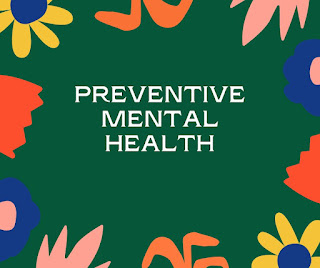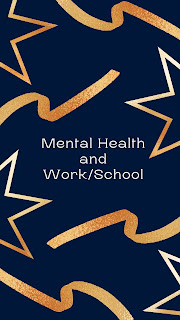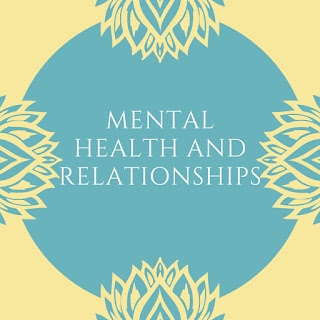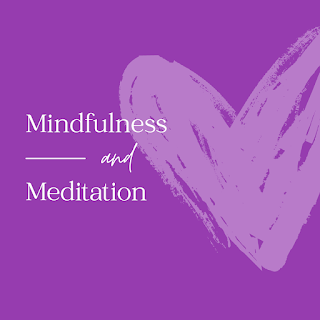Recognizing Burnout

Burnout is a state of emotional, physical, and mental exhaustion caused by excessive and prolonged stress. It can lead to a variety of problems, including fatigue, irritability, difficulty concentrating, and changes in sleep patterns. In severe cases, burnout can even lead to depression and anxiety. Burnout is a serious problem that can affect anyone, but it is particularly common among people who work in high-stress jobs, such as healthcare professionals, teachers, and first responders. If you're feeling burned out, it's important to take steps to address the problem before it gets worse. What are the signs of burnout? The symptoms of burnout can vary from person to person, but some common signs include: * Feeling exhausted, both physically and mentally * Having difficulty concentrating or making decisions * Feeling irritable or angry * Having difficulty sleeping * Loss of interest in activities you once enjoyed * Changes in appetite or weight * Pessimistic or negative thinkin





.jpg)
